Home>Home Maintenance>When Should A Buyer Have A Home Inspection


Home Maintenance
When Should A Buyer Have A Home Inspection
Modified: March 6, 2024
Learn when it's crucial to schedule a home inspection as a buyer. Ensure your home maintenance is a priority with thorough inspections.
(Many of the links in this article redirect to a specific reviewed product. Your purchase of these products through affiliate links helps to generate commission for Storables.com, at no extra cost. Learn more)
Introduction
Buying a home is a significant investment, and it’s important to ensure that you’re making a wise decision. One of the essential steps in the home-buying process is a thorough home inspection. A home inspection is a detailed examination of a property’s condition, conducted by a professional inspector. It helps identify any potential issues or defects in the house, giving buyers valuable insights into the property’s overall condition.
Having a home inspection can provide buyers with peace of mind and protect them from unexpected expenses down the line. In this article, we will dive deeper into the world of home inspections, discussing their benefits, important considerations for homebuyers, and the ideal timing for scheduling one.
Key Takeaways:
- Don’t skip the home inspection! It helps you uncover hidden problems, plan your budget, and gives you the power to negotiate with the seller for repairs or a lower price.
- Schedule the inspection promptly after your offer is accepted. Coordinate with your real estate agent, allow enough time, and review the report carefully for a smooth home-buying experience.
Understanding Home Inspections
A home inspection is a comprehensive examination of a property’s physical structure and systems. It typically covers essential areas such as the foundation, roof, plumbing, electrical systems, HVAC (heating, ventilation, and air conditioning), and other visible components of the home. The purpose of a home inspection is to identify any potential issues or defects that may affect the property’s value, safety, or livability.
During a home inspection, a qualified inspector will thoroughly assess the property’s condition, looking for signs of damage, wear and tear, or any red flags that may need attention. The inspector will inspect both the interior and exterior of the house, including basements, crawl spaces, attics, and other accessible areas.
The inspector will document their findings in a detailed report, providing an objective assessment of the property’s condition. The report will highlight any existing problems, potential risks, or recommended repairs or improvements. This information can be invaluable to buyers, as it helps them make informed decisions about the property and possibly negotiate repairs or price adjustments with the seller.
It’s important to note that a home inspection is different from an appraisal. While an appraisal determines the market value of a property, a home inspection focuses on the condition of the property and any potential issues that may need attention.
When choosing a home inspector, it’s crucial to select someone who is licensed, experienced, and knowledgeable about local building codes and regulations. Hiring a reputable inspector ensures a thorough and accurate assessment of the property’s condition.
Benefits of a Home Inspection
A home inspection offers numerous benefits for homebuyers. Let’s explore some of the key advantages:
- Uncovering Potential Issues: A home inspection can reveal hidden problems or defects that may not be apparent to the untrained eye. From structural issues to electrical or plumbing problems, discovering these issues early on can save buyers from the headache and expense of dealing with them later.
- Peace of Mind: Knowing the true condition of a property can provide buyers with peace of mind. It allows them to make an informed decision about whether to proceed with the purchase, and if so, negotiate repairs or price adjustments with the seller.
- Budget Planning: The information obtained from a home inspection can help buyers better plan their budget. By understanding potential repair or maintenance costs, buyers can adequately allocate funds and avoid unexpected financial burdens after closing on the property.
- Negotiation Power: A home inspection report can give buyers leverage during negotiations. If significant issues are discovered, buyers can use this information to negotiate with the seller for repairs or a reduction in the purchase price.
- Future Planning: A home inspection can provide buyers with insights into the remaining lifespan of major systems and components in the house. This information can assist in planning for future maintenance or replacement costs.
- Education and Awareness: Buyers who attend the home inspection can learn about the property’s systems and gain valuable insights from the inspector. This knowledge can empower them to better understand how the house functions and how to maintain it properly.
Keep in mind that a home inspection is not a guarantee against future problems. It serves as a snapshot of the property’s condition at the time of inspection. However, it offers valuable information and helps buyers make informed decisions about their investment.
Important Considerations for Homebuyers
When it comes to home inspections, there are several important considerations for homebuyers to keep in mind:
- Choose a Qualified Inspector: Ensure that the home inspector you hire is licensed, experienced, and knowledgeable. Look for certifications such as ASHI (American Society of Home Inspectors) or InterNACHI (International Association of Certified Home Inspectors).
- Attend the Inspection: Whenever possible, attend the home inspection in person. This allows you to ask questions, gain a better understanding of the property’s condition, and receive direct feedback from the inspector.
- Review the Inspection Report: Carefully review the inspection report in detail. Discuss any concerns or questions you may have with the inspector and seek clarification if needed.
- Consider Additional Inspections: Depending on the property’s age, location, and specific concerns, you may want to consider additional inspections, such as termite inspections, mold assessments, or radon testing.
- Evaluate Repair and Maintenance Costs: Use the information from the inspection report to assess the potential repair and maintenance costs associated with the property. This will help you determine if the investment aligns with your budget.
- Understand Your Rights and Options: Familiarize yourself with the inspection contingency clause in your purchase agreement. This clause allows you to request repairs or negotiate with the seller based on the findings of the inspection.
- Work with Your Real Estate Agent: Your real estate agent can provide guidance, answer questions, and help navigate the home inspection process. They can also assist in negotiating repairs or contract amendments based on the inspection report.
Remember, a home inspection is a vital part of the home-buying process. It provides you with valuable information to help make an informed decision about the property. By carefully considering these factors and taking the necessary steps, you can ensure a smoother transaction and greater peace of mind.
A buyer should have a home inspection before finalizing the purchase of a property to uncover any potential issues and ensure they are making a sound investment.
When to Schedule a Home Inspection
Timing is crucial when it comes to scheduling a home inspection. Ideally, the inspection should be scheduled after the seller has accepted your offer, but before the completion of the purchase agreement’s inspection contingency period. Here are some key points to consider:
Coordinate with Your Real Estate Agent: Work closely with your real estate agent to determine the appropriate inspection timeline. They can help you navigate the process and ensure that the inspection is scheduled within the specified timeframe.
Act Promptly: Once your offer is accepted, it’s important to act promptly and schedule the inspection as soon as possible. This will allow sufficient time to review the inspection report and make any necessary decisions or negotiations before the contingency period expires.
Allow Sufficient Time: Give yourself ample time to schedule and complete the inspection. Depending on the size and complexity of the property, inspections can take a few hours to a full day. It’s essential to allow the inspector enough time to thoroughly assess the property without rushing the process.
Consider the Seller’s Availability: Coordinate with the seller to find a date and time that works for both parties. Keep in mind that sellers may have other commitments or restrictions, so flexibility is key to reaching a mutually agreeable inspection appointment.
Factor in Additional Inspections: If you plan to schedule additional inspections, such as termite, mold, or radon inspections, make sure to account for additional time in your scheduling. Coordinate these inspections to align with the home inspection or schedule them shortly after.
Consider Seasonal Considerations: Depending on the climate and specific features of the property, certain seasons may be more suitable for inspecting certain components, such as the roof or exterior. For example, it may be easier to detect roof leaks during or after a rainy season.
Evaluate the Inspection Report: Once the inspection is complete, carefully review the report and consult with your real estate agent or other professionals as needed. Use the information in the report to assess the property’s condition and make informed decisions regarding repairs or negotiations with the seller.
By scheduling the home inspection at the appropriate time and allowing for careful review and decision-making, you maximize the benefits of the inspection process and ensure a smoother home-buying experience.
Factors That May Influence Inspection Timing
While it’s ideal to schedule a home inspection as soon as possible after your offer is accepted, there are certain factors that may influence the timing of the inspection. Here are some considerations to keep in mind:
Market Conditions: In hot real estate markets, properties can receive multiple offers and sell quickly. In such scenarios, it may be challenging to schedule an inspection immediately. Work closely with your real estate agent to coordinate with the seller and schedule the inspection within a reasonable timeframe.
Inspector Availability: Home inspectors can have busy schedules, especially during peak seasons. It’s advisable to have a preferred inspector in mind before making an offer and to check their availability early in the process. If your preferred inspector is unavailable, your real estate agent can recommend other reputable professionals.
Contingency Periods: The inspection contingency period, as stipulated in the purchase agreement, allows buyers the opportunity to conduct inspections and negotiate with the seller based on the findings. The duration of this period can vary depending on the agreement and local customs. Ensure that the inspection is conducted within this timeframe to maintain your right to negotiate or request repairs, if needed.
Property Accessibility: Some homes, especially those that are tenant-occupied or vacant, may require additional time for scheduling an inspection. Coordinating with the seller or property manager to gain access to the property may affect the timing of the inspection.
Type of Inspection: If you plan to have specialized inspections, such as for pests, mold, or radon, the availability of professionals in those specific fields may impact the overall inspection timeline. Coordinate these additional inspections to align with the primary home inspection or schedule them as soon as possible afterward.
Property Size and Complexity: Larger or more complex properties may require additional time for inspection. For instance, a multi-story house with multiple units, extensive outdoor spaces, or unique features may take longer to assess thoroughly. Consider these factors when scheduling the inspection.
Weather Conditions: Inclement weather, such as heavy rain, snow, or extreme temperatures, can affect certain aspects of the inspection. For instance, it may be challenging to adequately inspect the roof or exterior components during harsh weather conditions. In such cases, it may be advisable to reschedule or schedule a follow-up inspection at a more suitable time.
Other Contingencies: If there are other contingencies in the purchase agreement, such as financing or appraisal contingencies, these may affect the overall timeline. Coordinate with your real estate agent to ensure that all contingencies align and are accounted for in the inspection scheduling.
By being aware of these factors and actively coordinating with your real estate agent and other professionals involved, you can navigate any potential timing challenges and ensure a timely and thorough home inspection.
Conclusion
A home inspection is a crucial step in the home-buying process, providing critical information about the condition of the property. By understanding the importance of a home inspection and considering the factors involved, buyers can make informed decisions and protect their investment.
Through a home inspection, buyers can uncover potential issues, plan their budget, and gain valuable negotiation power. It also offers peace of mind and an opportunity to learn about the property’s systems and maintenance requirements.
When scheduling a home inspection, it’s essential to coordinate with your real estate agent, act promptly, and allow sufficient time for the inspection to be conducted thoroughly. Consider additional inspections if necessary and review the inspection report carefully. Understanding your rights and options and working closely with your agent can further enhance the inspection process.
Factors such as market conditions, inspector availability, and property accessibility may influence the timing of the inspection. It’s important to be aware of these considerations and make the necessary arrangements to ensure a smooth and timely inspection.
In conclusion, a home inspection is a crucial step in the home-buying journey. It provides buyers with valuable insights, enhances their decision-making abilities, and protects them from potential future expenses. By prioritizing a thorough home inspection, buyers can move forward with confidence and peace of mind in their real estate investment.
Frequently Asked Questions about When Should A Buyer Have A Home Inspection
Was this page helpful?
At Storables.com, we guarantee accurate and reliable information. Our content, validated by Expert Board Contributors, is crafted following stringent Editorial Policies. We're committed to providing you with well-researched, expert-backed insights for all your informational needs.
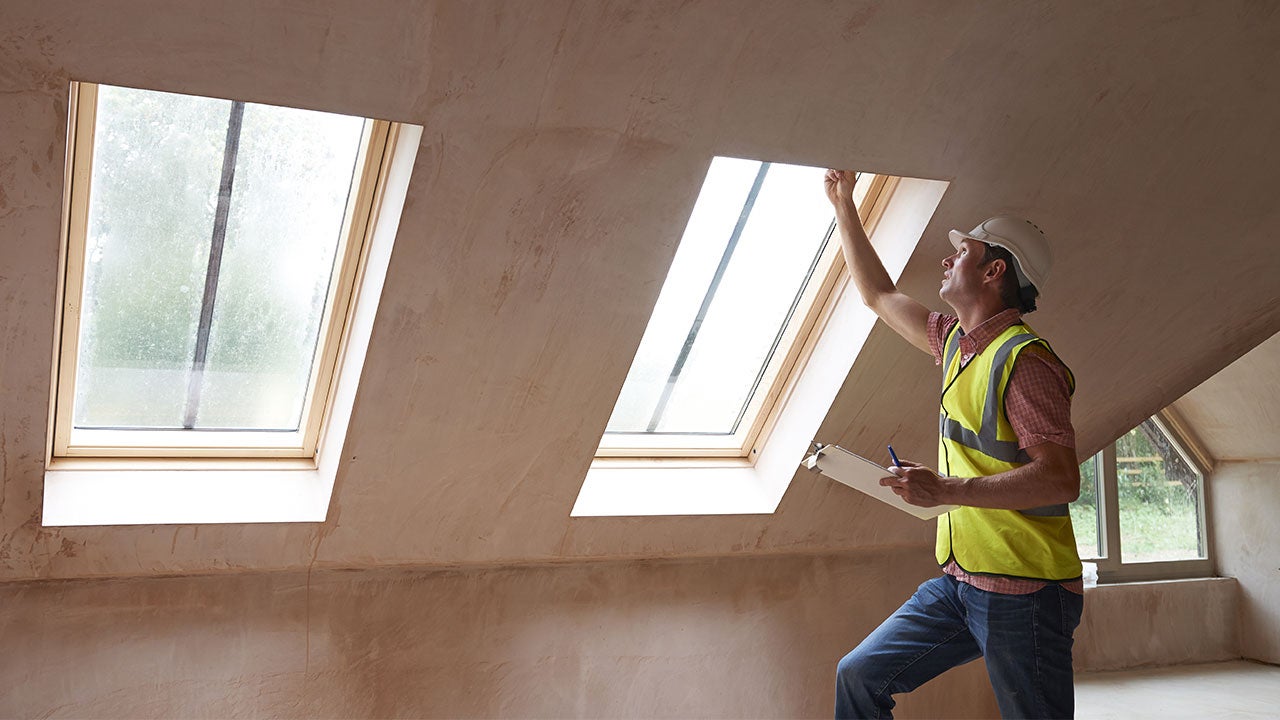






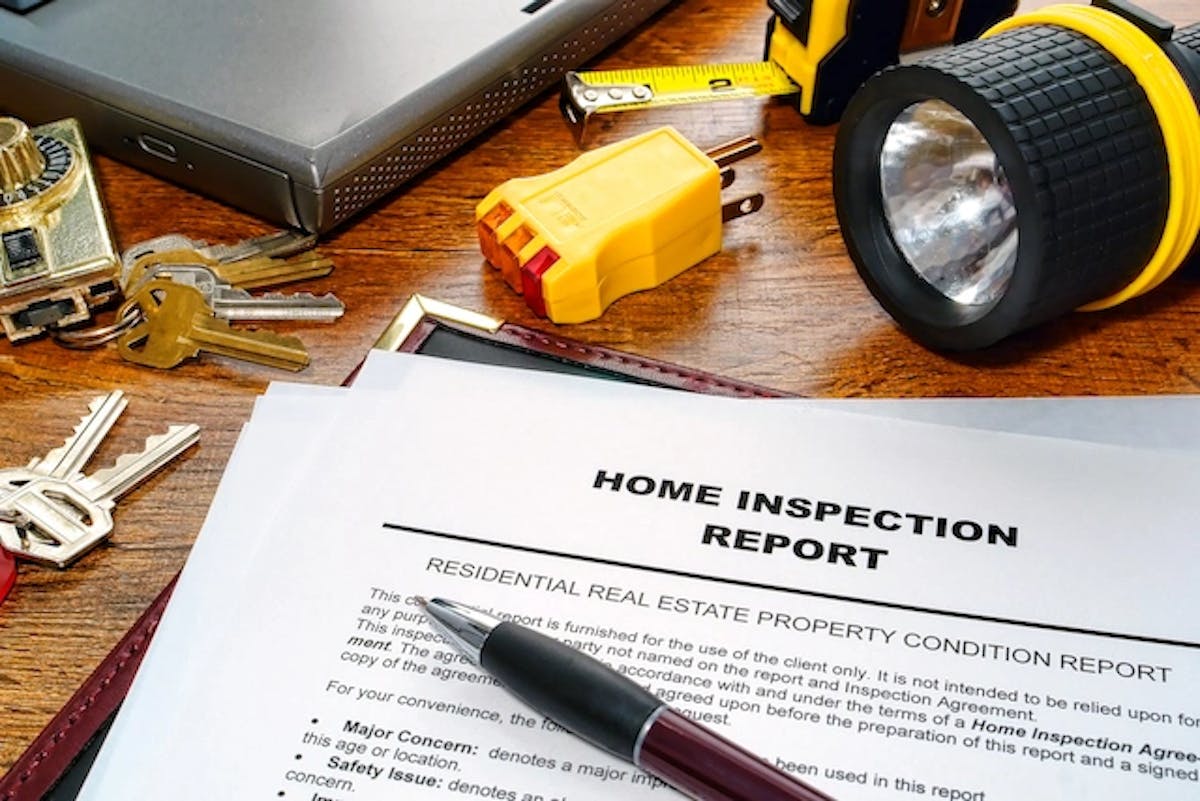
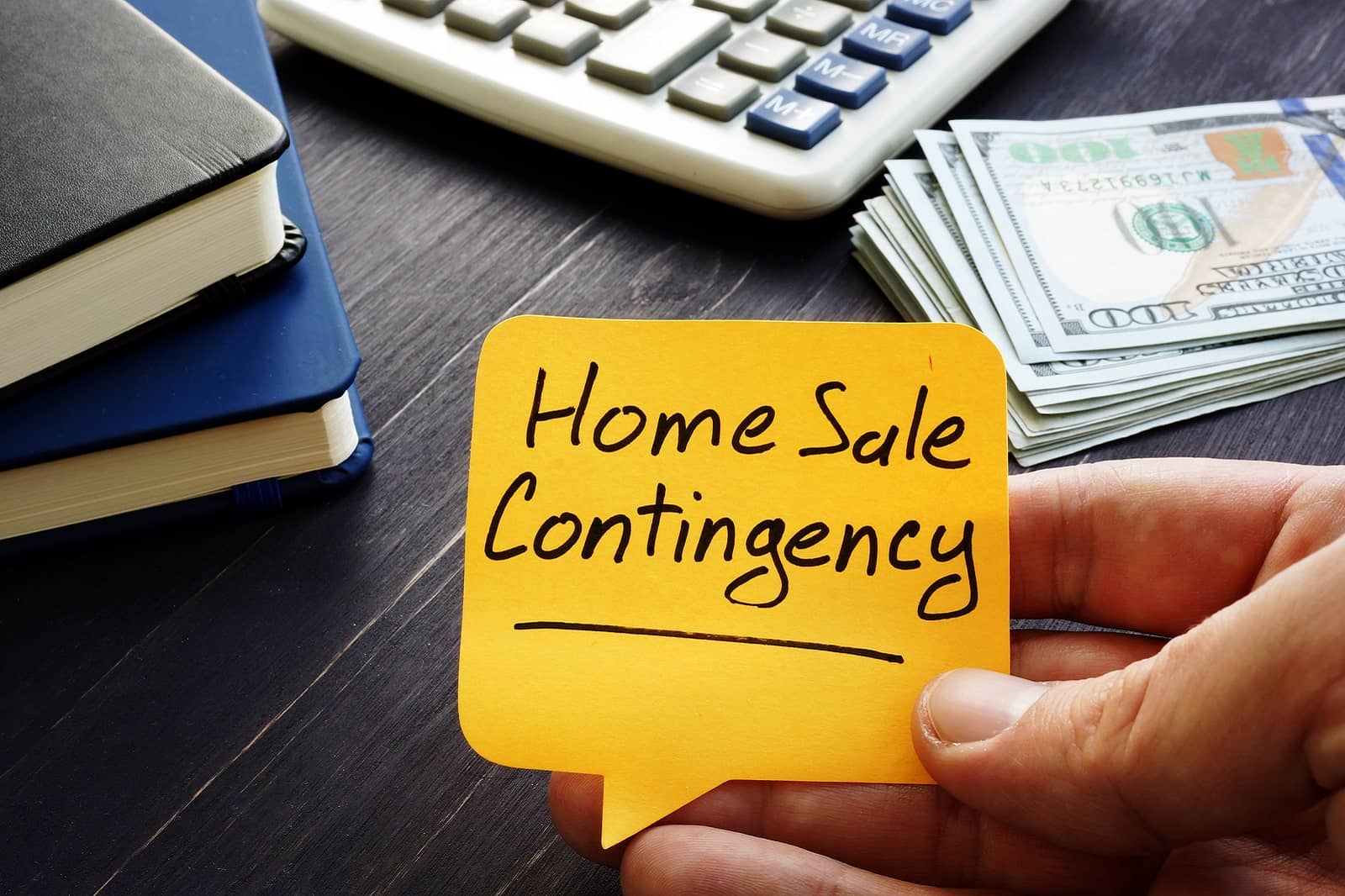

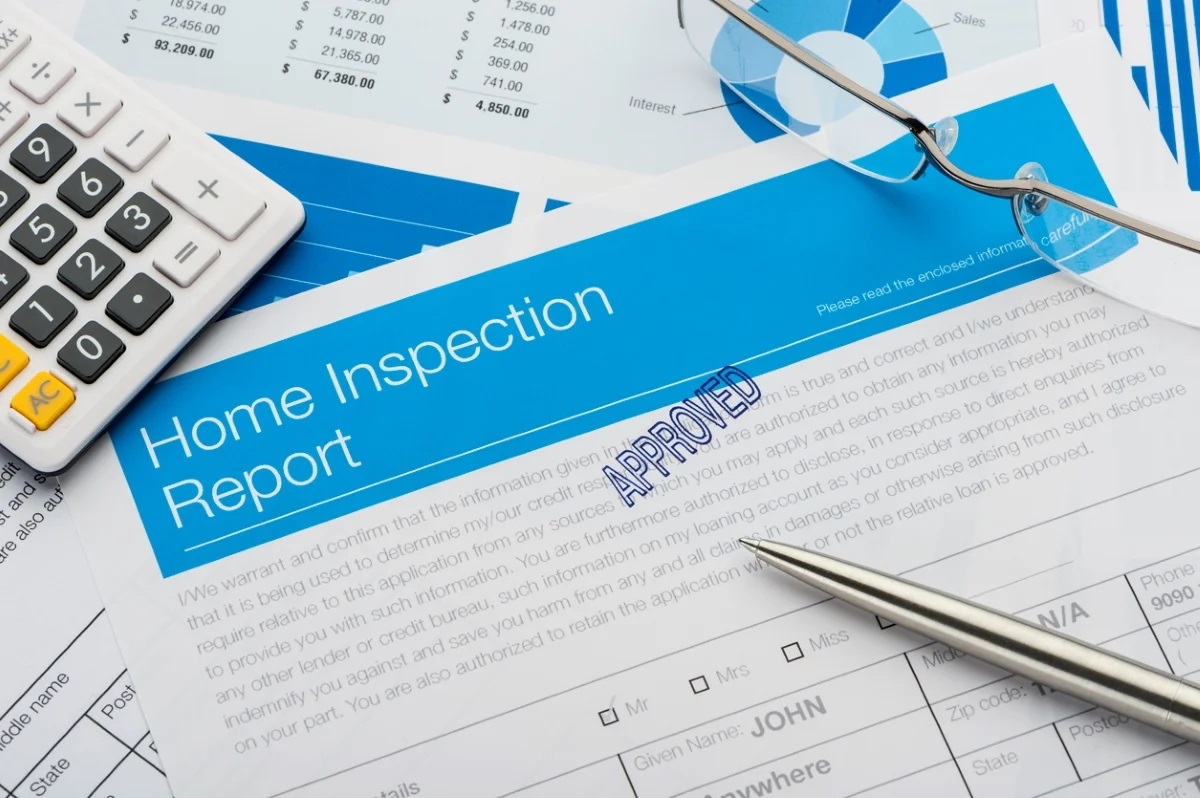
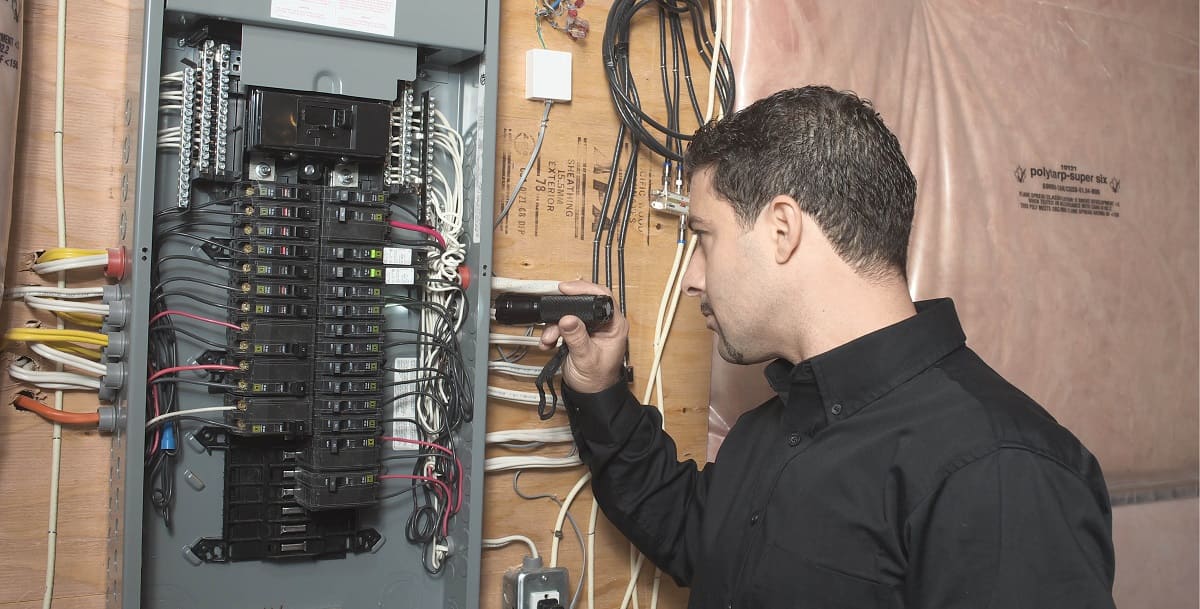



0 thoughts on “When Should A Buyer Have A Home Inspection”